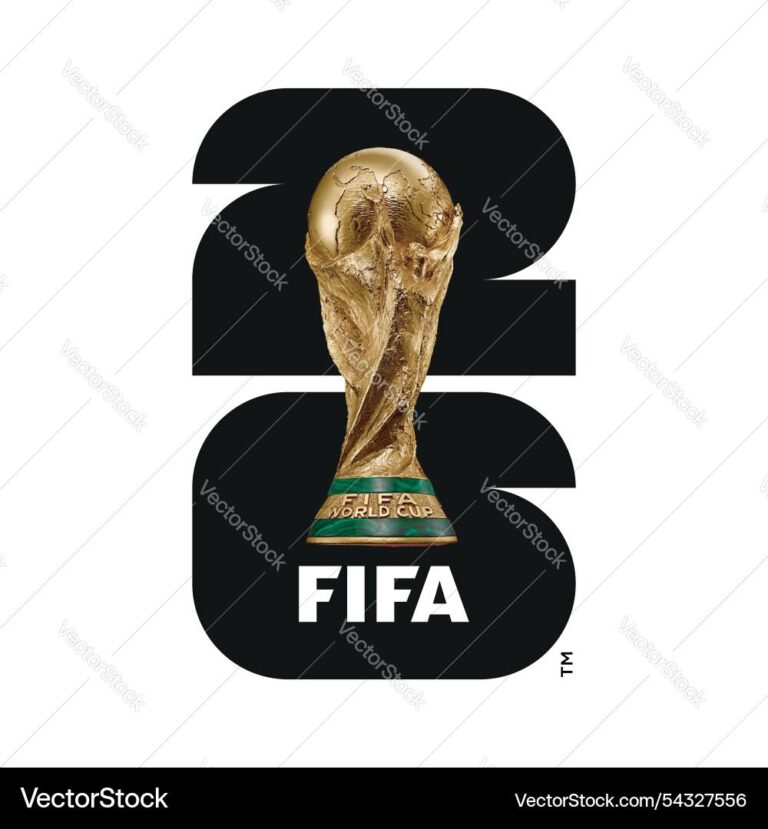In a surprising turn of events during the World Cup 2026 qualifying campaign, Germany suffered a rare defeat at the hands of Slovakia, shaking up the group standings. Meanwhile, both Spain and Belgium secured important victories, reinforcing their ambitions to reach next summer’s global tournament. These early results have intensified the competition as teams vie for qualification ahead of the much-anticipated World Cup in North America.
Germany suffer shock defeat against Slovakia in crucial World Cup qualifier
In an unexpected twist on the path to World Cup 2026, Germany faced a stunning 2-1 defeat against Slovakia, causing ripples through Group J. The German squad, often hailed for its tactical discipline and attacking prowess, struggled to find rhythm against a resilient Slovakian side that capitalized on every opportunity. Slovakia’s disciplined defense and sharp counter-attacks paid dividends, with their decisive goal coming late in the game, leaving German fans and pundits alike questioning the once seemingly invincible Mannschaft’s vulnerabilities on the global stage.
Elsewhere in the qualifiers, group leaders Spain and Belgium maintained their winning momentum, bolstering their chances for direct qualification. Key takeaways from the latest fixtures include:
- Spain displayed clinical finishing, securing a 3-0 victory that emphasized their youthful yet potent lineup.
- Belgium edged past their opponents 2-1 in a tightly contested match, with their star forward continuing to influence games decisively.
- Germany’s loss has created a more open race in Group J, with standings now tighter than ever.
| Team | Points | Goal Difference | Matches Played |
|---|---|---|---|
| Spain | 15 | +10 | 6 |
| Belgium | 13 | +7 | 6 |
| Germany | 10 | +3 | 6 |
| Slovakia | 9 | 0 | 6 |
Spain and Belgium secure vital wins to strengthen their 2026 World Cup campaigns
Spain showcased their class and tactical discipline as they cruised to a comfortable victory, consolidating their position near the top of the Group G standings. With clinical finishes and controlled possession, the Spanish side exhibited the dominance expected of a World Cup favorite. Key performances from their young stars brought a refreshing energy, setting a strong foundation for the crucial fixtures ahead. Their attacking prowess combined with a solid backline kept the opposition at bay, further reinforcing their campaign ambitions.
Belgium also sealed a vital win, overcoming resistance with resilience and strategic precision. Utilizing swift counter-attacks and effective set-pieces, they managed to break down a resolute defense and grab all three points. This result not only boosts their morale but also improves their standing in a competitive Group E. As favorites to qualify, Belgium’s latest display signals their readiness and adaptability on the road to 2026.
| Team | Result | Group | Next Match |
|---|---|---|---|
| Spain | 3-0 Win | G | Vs Greece |
| Belgium | 2-1 Win | E | Vs Scotland |
| Slovakia | 2-1 Win | E | Vs Sweden |
- Spain’s key goal scorers: Gavi, Ansu Fati, and √Ālvaro Morata
- Belgium’s tactical highlights: Solid defense, swift counters, and effective set-pieces
- Group standings impact: Both teams now firmly in qualification contention
Expert analysis on what Germany must change to recover and qualify successfully
Germany’s recent defeat by Slovakia has starkly highlighted the pressing need for tactical reassessment and squad rejuvenation. Experts emphasize that the team must embrace a more dynamic and flexible formation, capable of adapting mid-game to exploit opponents’ weaknesses. Central to this is the integration of younger talents alongside seasoned veterans to foster a balance of energy and experience. Additionally, defensive coordination requires urgent attention-Germany’s backline suffered from lapses in concentration and uncharacteristic errors, which opponents capitalized on decisively.
Technical discipline and mental resilience will also be critical moving forward. The midfield, often considered Germany’s engine room, failed to assert its dominance, resulting in a lack of creativity and control. Strengthening this area with players who can dictate tempo and press intensely is paramount. The roadmap to qualification demands addressing the following key areas:
- Enhanced defensive organization to prevent easy breakthroughs.
- Dynamic midfield strategies for improved ball retention and creativity.
- Effective utilization of emerging talents to inject pace and unpredictability.
- Stronger mental preparedness to withstand pressure in critical moments.
| Aspect | Current Issue | Recommended Change |
|---|---|---|
| Defensive Structure | Inconsistent marking, poor positioning | Implement zonal marking, improve communication |
| Midfield Control | Low ball possession, creativity shortage | Introduce versatile midfielders with high work rate |
| Attack | Predictable play, low chance conversion | Encourage fluid attacking movements and clinical finishing |
| Team Morale | Visible frustration and lapses in focus | Focus on psychological conditioning and leadership |
In Summary
As the World Cup 2026 qualifiers continue to unfold, Germany’s unexpected defeat to Slovakia marks a significant upset in Group dynamics, while Spain and Belgium secure crucial victories to maintain their strong positions. These results not only shake up the qualification landscape but also set the stage for intensified competition in the months ahead. Fans and analysts alike will be watching closely as teams vie for their place on football’s biggest stage.




